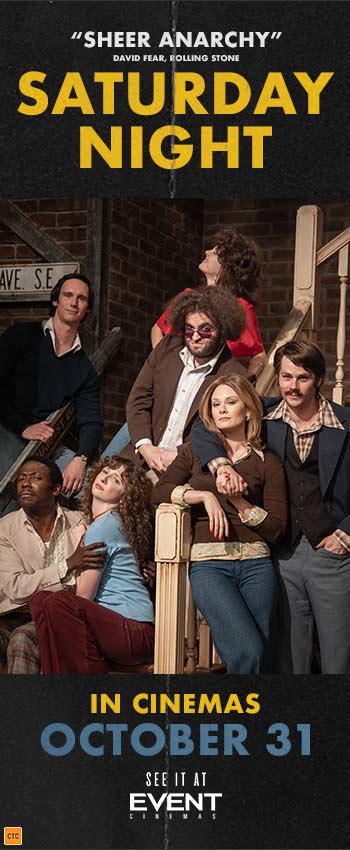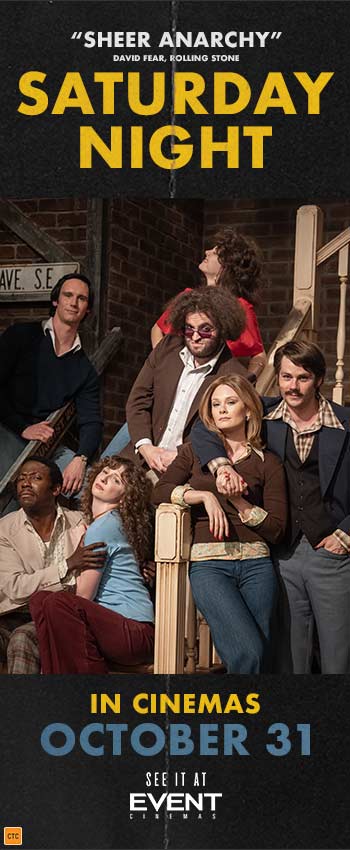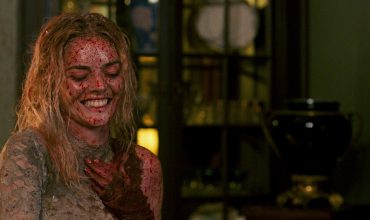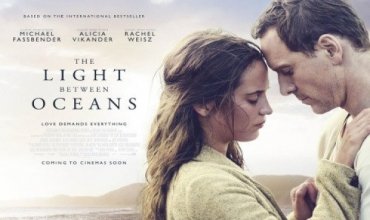Dalton Trumbo originally intended to be a novelist, he wrote several books, including the award-winning Johnny Got His Gun (1939). However his day-job was Hollywood screenwriter and he was able to command top fees for his screenplays. In the late 1940s, he was working at the highest level of the movie business. And then he was named as a Communist sympathizer.
Eventually, he was called before Congress’s powerful House Un-American Activities Committee (HUAC) to testify about Communist activity in Hollywood. The HUAC claimed screenwriters like Trumbo were responsible for smuggling pro-Communist messages into their movies. Conservatives saw Hollywood as a hotbed of Communist sympathizers bent on destroying American democracy.
Trumbo was one of a group of high profile screenwriters and directors who became known as the Hollywood Ten. They refused to testify and were found in contempt of Congress. This led to jail sentences. Trumbo was in prison for eleven months. This was the beginning of the Hollywood Blacklist; eventually hundreds of industry professionals were banned from employment in movies. Many saw ‘naming names’ as the only way they could continue to work. The result was turmoil for those on the list; livelihoods were destroyed, homes were foreclosed, marriages ended and some of the blacklisted even took their lives.
This is seen by many as a dark period in American history. It was an extraordinary time when suspicion, accusation and hearsay were sufficient to ruin lives. The Communist Party USA had been a legitimate political organisation until the Cold War began. Those fighting against the HUAC wanted to know what crimes they were accused of other than having unorthodox political views.
After Trumbo returned from prison, he decided the only way he could fight the blacklist was to continue writing, but under a series of assumed names. He reasoned that if the banned writers worked secretly, eventually Hollywood would be forced to end the list. Not all writers were convinced that Trumbo’s idea would work. The scripts a blacklisted writer could work on were usually for “B” pictures and the pay was poor. This forced Trumbo and his friends to work for incredibly long hours.
Bryan Cranston portrays Trumbo’s big personality with all the discipline and nuance one might expect from the man who brought us dentist Tim Whatley (Seinfeld), Hal (Malcolm in the Middle) and Walter White (Breaking Bad). Cranston’s Trumbo is a fighter and an idealist but most of all, he has perseverance. The rest of the casting is equally strong, Diane Lane as his wife, Cleo Beth Fincher, Helen Mirren as gossip columnist Hedda Hopper, John Goodman as producer Frank King, Elle Fanning as Dalton’s eldest daughter Nicola Trumbo and Louis CK as a Hollywood Ten composite character Arlen Hird.
Screenwriter John McNamara and Austin Powers director Jay Roach have adapted Bruce Cook’s 1977 biography Dalton Trumbo with clarity and precision. His was an interesting life composed of many fascinating tales, but the filmmakers have kept their eyes on the main game and the result is an entertaining movie about a chapter in US history some would prefer to forget. Now is an excellent time to bring this tale of political injustice and governmental bullying back into the spotlight.
TRUMBO is currently in Australian cinemas. It runs for 2 hours and 4 minutes. (8/10)
Note: If you want to know more about Dalton Trumbo after seeing this feature film, then track down the 2007 feature documentary also called TRUMBO. It’s directed by Peter Askin and written by Dalton’s son Christopher. It’s a compelling take on the screenwriter’s life.






